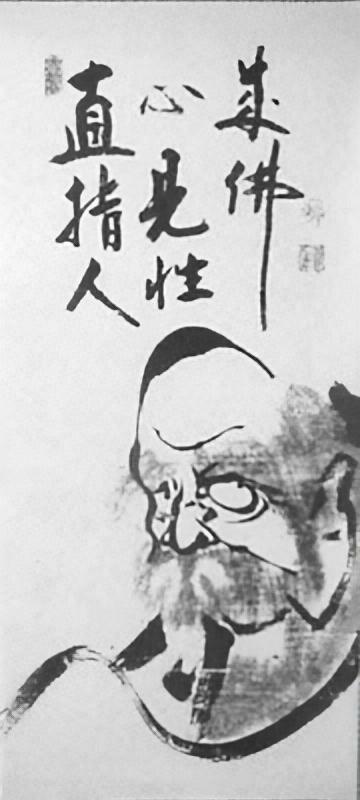This will seem a bit odd. A disconnect from the title of this miniature.
Inter-cultural strife is usually the result of deeply held convictions about injustices done decades or centuries ago.
In this miniature, Robert Aitken presents this in the context of a project meant to heal war strife in the former Yugoslavia.
My life is a microcosm of this phenomena. Much of the interpersonal strife in my life can be directly attributed to ideas that float up in me. Ideas of superiority or of certainty well up in me and prevent me from seeing what is real and helpful.
I can see this in the context of moment by moment life as I live it, here and now with my partner, reading Sunset Magazine. I see her certainty about the situation, how the story is melded to match an idea of superiority.
In the old days, I may have joined in. In recent days, I may have chided her. Today I break through to see myself here and now. I see the ways that I do the same. Hugs and holding hands seems to be the clearest course of action. Love and companionship are the antidote to certainty and superiority.
My partner is my greatest teacher.
Miniatures of a Zen Master
is solely a reflection of my own delusion and ignorance.
Any merit generated by this activity is solely the result of
Aitken Roshi's clear teaching and is dedicated to
all Buddhas and Bodhisattvas throughout space and time.









